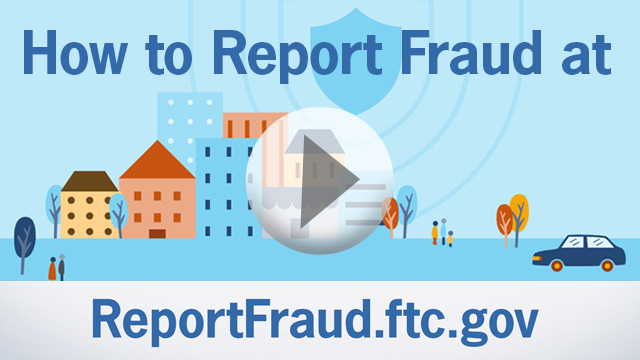Wondering what you can do to help protect consumers in your area? The FTC just launched an initiative aimed at partnering with legal aid organizations to expand outreach to lower-income members of the community. The goal: to connect people who have experienced fraud and other consumer problems with an easy way to report it and with advice to help them recover.
The Community Advocate Center initiative provides a new way for groups that provide free or low-cost legal services to report fraud and other questionable practices their clients have experienced directly to the FTC on behalf of their clients. The Legal Services Corporation, Inc., the National Legal Aid & Defender Association, the National Consumer Law Center, and the National Association of Consumer Advocates support this initiative. By participating, organizations can connect community members to specific advice to help them try to get their money back.
What can you do to help? If you’re active in the legal services community, encourage local organizations to participate. Groups that provide access to legal services often serve the people the FTC wants to hear more from, including communities of color, speakers of other languages, and lower-income consumers. We need to hear their stories to get an accurate picture of the kinds of consumer issues they face. For more information about the Community Advocate Center, visit ReportFraud.ftc.gov/community.
But even without an official initiative, if you’re active in community groups in your area, encourage people to speak up about questionable practices by contacting us at ReportFraud.ftc.gov. Here’s a video explaining why consumers should report fraud and how the FTC and law enforcement partners use those reports.

